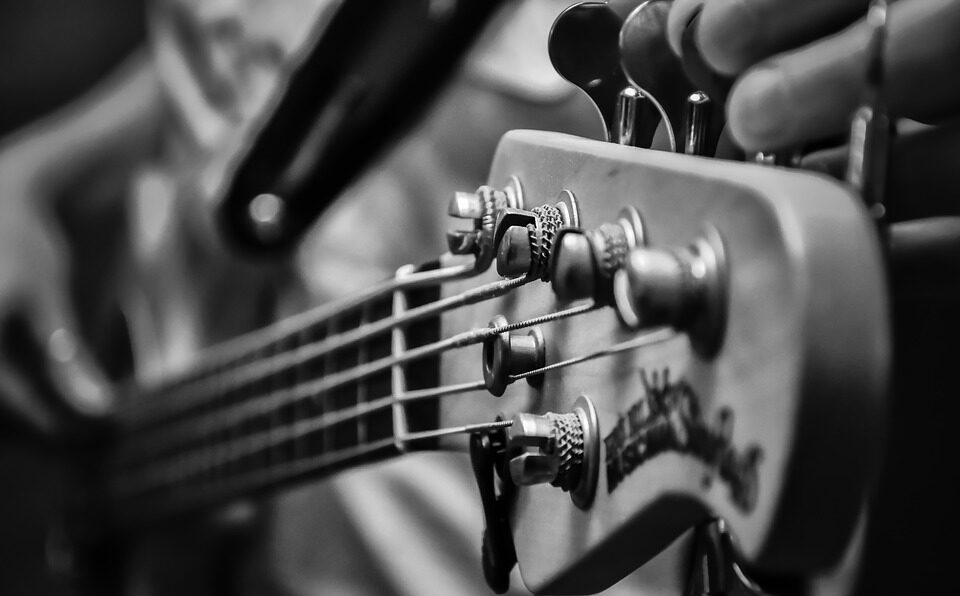It seems that headphones can be a helpful tool for students to improve their focus and concentration while studying. Here are a few ways that students can use headphones to their advantage:
Use headphones to block out distractions: By wearing headphones and listening to music or ambient sound, students can block out distractions and focus more on their studies.
Choose the right music or sound: Some students find that certain types of music or ambient sounds, such as brown noise, help them concentrate better. Experiment with different types of music and sounds to see what works best for you.
Consider noise cancelling headphones: If you are in a noisy environment, noise cancelling headphones for studying s can be a helpful tool for blocking out external sounds and improving focus.
Use headphones as a reward: If you are having trouble staying focused, you can use headphones as a reward for completing specific tasks or blocks of study time.
Take breaks: It is important to take breaks and give your mind a rest, so be sure to take regular breaks when using headphones to study.
What type of headphones should I choose for my studies?
There are a few key factors to consider when choosing headphones for studying:
Comfort: It’s important to choose headphones that are comfortable to wear for long periods of time, especially if you plan to use them for extended study sessions.
Noise Cancellation: If you need to concentrate in a noisy environment, noise-cancelling headphones can be a good choice. These headphones use microphones to pick up external noise and produce an opposing sound wave that cancels out the noise, making it easier to focus on your studies.
Sound Quality: Look for headphones with good sound quality, as this will make it easier to hear lectures or audio recordings clearly.
Price: Determine how much you’re willing to spend on headphones and look for a pair that fits your budget.
Wired vs. Wireless: Consider whether you prefer wired or wireless headphones. Wireless headphones offer the convenience of not being tethered to your device, but they may have a shorter battery life and potentially lower sound quality compared to wired headphones.
What is the best noise cancelling headphones for studying?
Treblab Z2 noise cancelling headphones may be a good option for students due to several features that can be helpful while studying. Some of the key features that may make these headphones particularly well-suited for students include:
Active noise cancelling technology: These headphones use T-Quiet technology to block out external noise, which can be helpful for students who need to concentrate in a noisy environment.
Bluetooth 5.0 and multipoint connection: The Bluetooth 5.0 technology and ability to connect to multiple devices at once can be convenient for students who need to switch between devices while studying.
Quick charge technology: The quick charge feature allows students to charge their headphones quickly, so they can get back to studying without a long wait.
Lightweight and handy design: The lightweight design and portable case make these headphones easy to carry and use on the go, which can be convenient for students.
High-end over-ear headphones for sports: The advanced wireless noise cancelling technology and tailored design for exercise make these headphones suitable for use during physical activity, which can be helpful for students who want to study while taking a break from sitting.
How else can a student focus on learning?
There are several strategies that students can use to help improve their concentration and focus while studying. Here are a few suggestions:
Find a good study location: Choose a location that is quiet and free from distractions, such as a library or a quiet room in your home.
Take breaks: It can be helpful to take short breaks every 30-60 minutes to give your mind a rest and recharge.
Minimize distractions: Turn off your phone, log out of social media, and find a way to block out any other distractions that may be present.
Use a timer: Set a timer for a specific amount of time, and focus on your studies until the timer goes off. This can help you stay on track and not get sidetracked.
Get enough sleep: Make sure you are getting enough sleep at night, as this can help improve your focus and concentration during the day.
Eat a healthy diet: A healthy diet can help support good brain function, which can in turn help improve your concentration and focus.
Stay hydrated: Drinking enough water can help improve your focus and concentration.
Use study aids: There are many tools and techniques that can help you study more effectively, such as flashcards, summarization techniques, and mnemonic devices.
Try meditation or other relaxation techniques: Taking a few minutes to practice meditation or other relaxation techniques can help clear your mind and improve your focus.Seek help if needed: If you are struggling to concentrate despite trying different strategies, it may be helpful to speak with a tutor or academic advisor for additional support.

